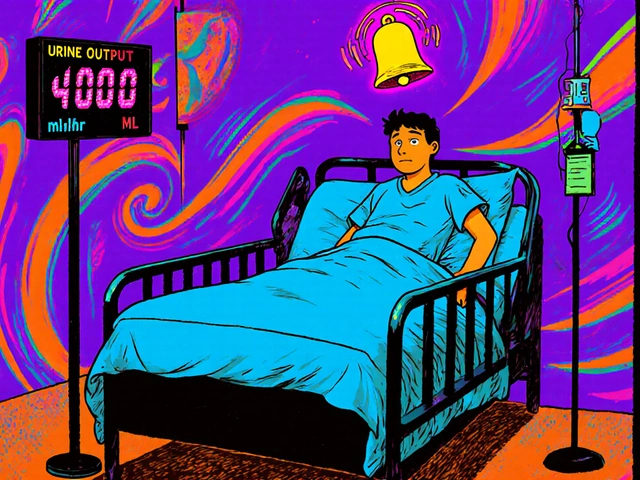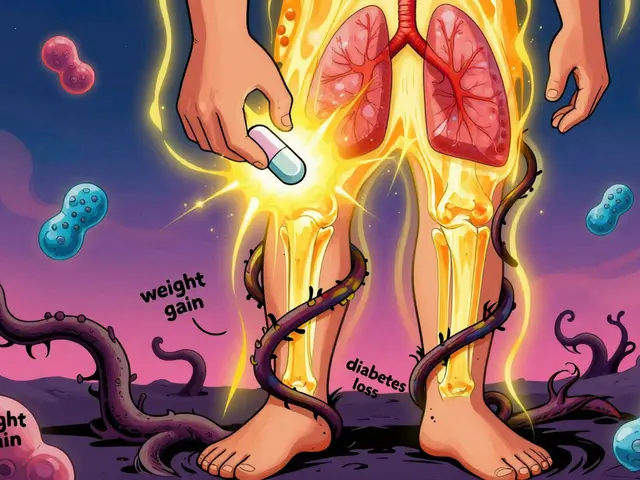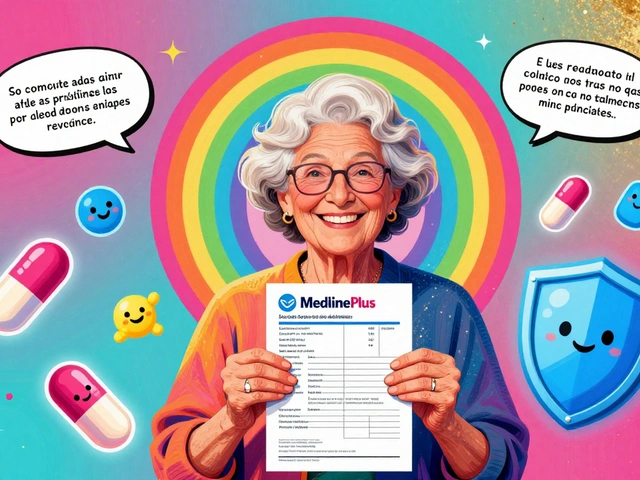Amlodipine and Cancer: Quick Facts You Should Know
If you take amlodipine for high blood pressure, you might wonder whether it has any link to cancer. The short answer: researchers are still figuring it out, and most evidence says the drug is safe for most people. However, a few studies have raised questions, so it’s worth understanding what’s been found and what you can do.
What the research says
Large‑scale studies that followed thousands of patients didn’t see a clear rise in cancer rates for amlodipine users. One big trial compared several blood‑pressure pills and found amlodipine performed about the same as the others when it came to new cancer cases.
On the flip side, a few smaller lab studies noticed that amlodipine might affect cell pathways involved in tumor growth. Those experiments were done in test tubes or mice, not people, so the results don’t prove a real‑world risk. Right now, the medical community treats those findings as interesting clues that need more work.
Practical tips for patients
Here’s what you can do if you’re on amlodipine and worry about cancer:
- Stay in touch with your doctor. Tell them about any new symptoms, especially unexplained weight loss, persistent pain, or lumps.
- Follow recommended screenings. Regular mammograms, colonoscopies, lung scans, or other tests your doctor suggests are the best way to catch cancer early, regardless of medication.
- Know your family history. If cancer runs in your family, ask your doctor whether a different blood‑pressure drug might be a better fit.
- Don’t stop the pill on your own. Stopping amlodipine suddenly can spike your blood pressure and bring other risks. Any change should be supervised.
Also, keep a healthy lifestyle: balanced diet, regular exercise, and avoiding smoking. Those habits lower cancer risk far more than any single drug could.
Bottom line: amlodipine isn’t a known cancer trigger, but staying informed and keeping up with routine health checks is always smart. If new research emerges, your doctor will let you know whether any adjustments are needed.
Got more questions? Bring them to your next appointment. A quick chat can clear up worries and help you stick to a plan that protects both your heart and overall health.
Amlodipine and Cancer: What the Latest Research Really Says
Worried amlodipine might raise cancer risk? Here’s a clear, evidence-backed answer, what big studies show, and practical steps if you’re concerned.






